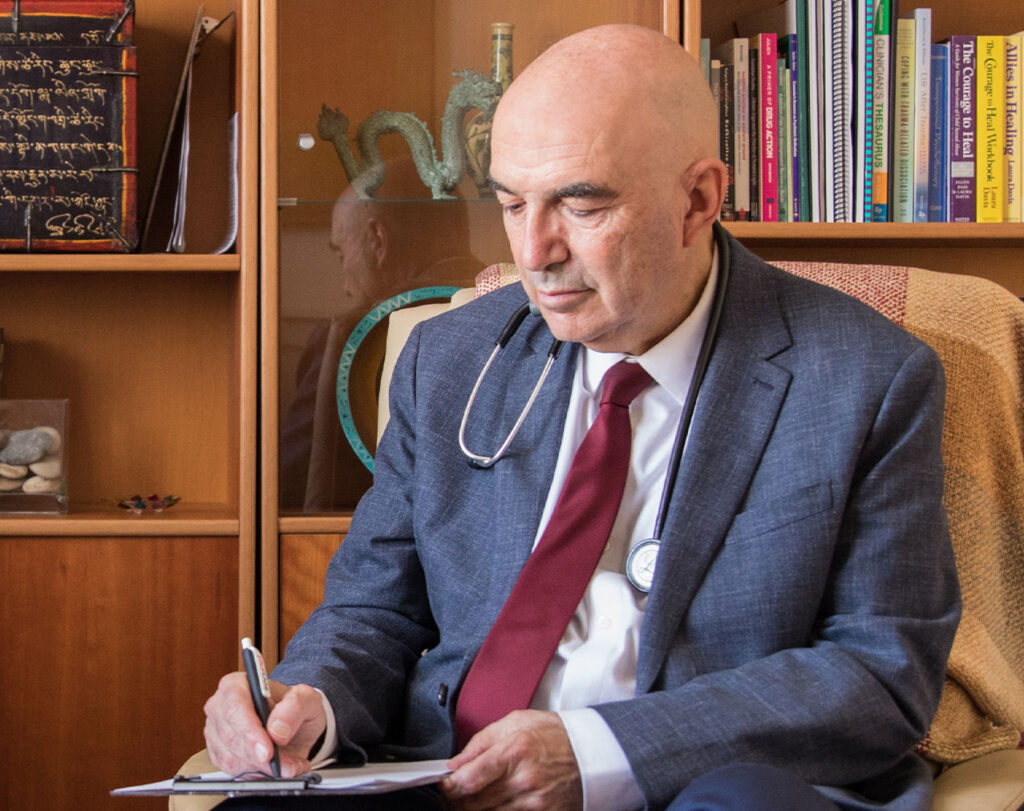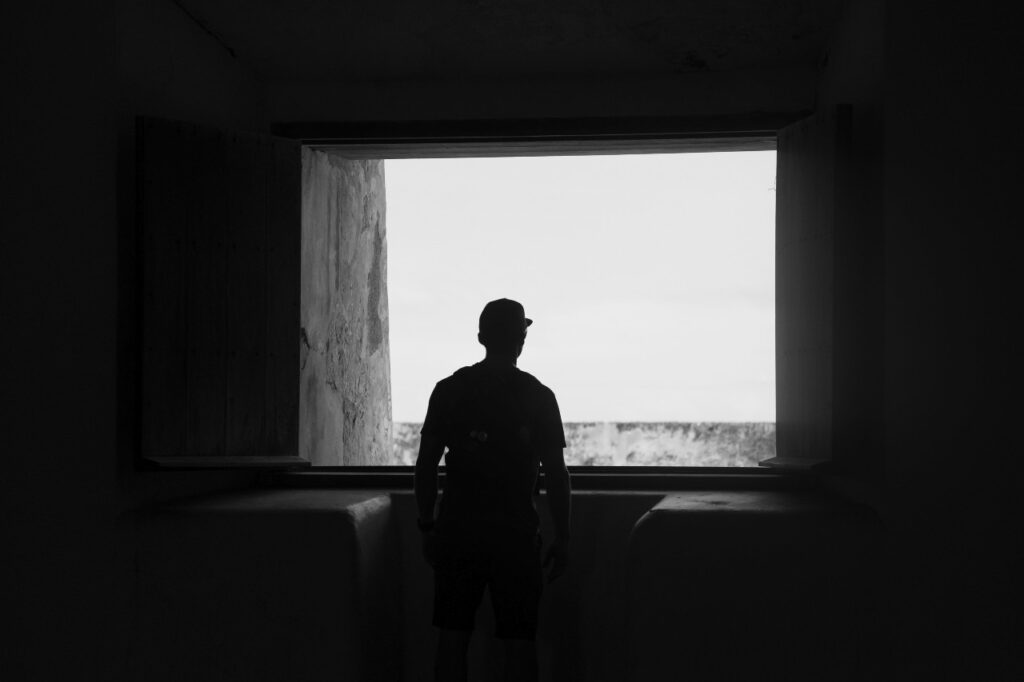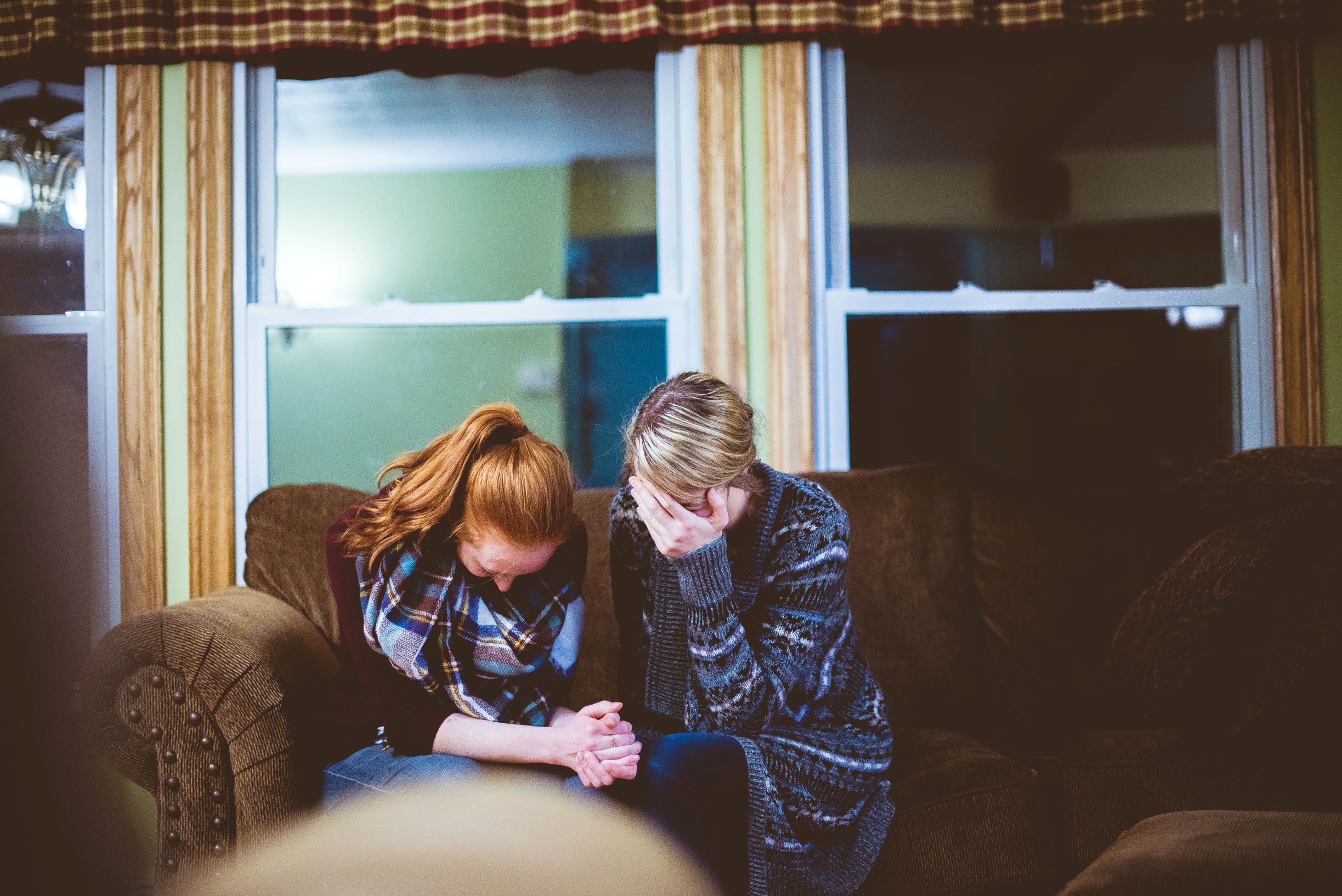
Xanax (Alprazolam) vs. Ativan (Lorazepam): Detoxing From Short Acting Benzos
If you’ve been diagnosed with an anxiety disorder, you may have been prescribed a medication that is designed to help with your symptoms. The odds are good that you will be recommended a class of drugs known as benzodiazepines. If you’re considering medicating with these drugs, or have already been prescribed them and are looking to taper off, you may have some questions. What are benzodiazepines, exactly? What are the pros, cons, and common side effects of lorazepam vs Xanax? How do these common medications affect you in the short and long-term, and what factors should you consider in relation to your own medical history? Dr. Howard Kornfeld, our Director of Recovery Medicine, has some thoughts on that to share with you a bit later, but first let’s cover the basics.
While these quick onset benzodiazepines are a commonly prescribed class of drug for panic attacks, seizure disorders, and generalized anxiety disorder, among other conditions, they are not without risks, and it is possible to develop a serious dependency. These drugs are not the best choice for everyone, and making a choice between them or alternate methods of treatment for anxiety can be complex.
Similarly, treating dependence on benzodiazepines often comes with hidden challenges resulting from comorbid medical and mental health conditions and interactions with other medications.
You should have all of the facts.
Benzodiazepines for Anxiety & More
A type of drug that is used primarily for the relief of symptoms of panic disorders and anxiety, benzodiazepines are also known to be effective in treating other conditions. The medication works by affecting the neurotransmitters in the brain. These are chemicals that the nerves release to be able to communicate with other nerves. One of the neurotransmitters is known as GABA, which suppresses nerve activity and elicits calming effects. Researchers believe that it is the excessive activity of these nerves that may be the cause of anxiety as well as some other psychological disorders.
Benzodiazepines act to reduce the nerve activity in the brain and the spinal cord, and are used for treating seizures, insomnia, and anxiety. They are also known to be effective when used as a muscle relaxant, as general anesthesia and sedation prior to surgery, for the symptoms of depression, for alcohol withdrawal, and for drug-associated agitation.
Lorazepam vs Xanax: Prescription Drug Help
Two common medications in the benzodiazepine family are Xanax, the brand name for alprazolam, and lorazepam, also known as Ativan. Both are used for the treatment of anxiety disorders, short-term relief of anxiety symptoms, and anxiety associated with depression. Xanax is also prescribed for panic disorders. Lorazepam is also used for insomnia associated with stress or anxiety.
Either medication may also be prescribed if you are starting to take an antidepressant. Since drugs like Zoloft or Prozac take more time to take effect, Xanax or lorazepam can help you until your antidepressants start to work, though this too can pose problems.
Dr. Howard Kornfeld Explains Drug Interactions: The Benzodiazepine-SSRI Conundrum

“A common scenario we encounter involves patients on a combination of benzodiazepines and SSRIs (Selective Serotonin Reuptake Inhibitors),” says Howard Kornfeld, MD, Recovery Without Walls’ Founder and Director of Recovery Medicine. “Typically, the SSRI is prescribed first to address depression, but it often induces anxiety, leading to the addition of a benzodiazepine to counteract this side effect. This creates a dual dependency that complicates treatment further.”
“While SSRIs can effectively relieve depression, they tend to induce a mild, chronic manic state, manifesting as low-grade overstimulation and anxiety-like symptoms, disrupting and preventing restful sleep. Patients prescribed SSRIs may start using benzodiazepines, alcohol, or other substances to manage these adverse effects, unknowingly slipping into addiction,” Dr. Kornfeld concludes.
If this sounds familiar, know you are not alone. Feel free to reach out to our team and consult on a custom care plan that can manage this drug interaction, as well as offering alternate treatment options.
Key Differences & Severe Side Effects: Short-acting Benzos Carry Greater Risk
Lorazepam has fewer unfavorable interactions with other medications than does Xanax. However, lorazepam has some dangerous side effects, including some drug-induced movement disorders, such as involuntary muscle movements. This drug has also been known to cause seizures, respiratory depression, psychological depression, and suicidal thoughts.
Xanax and lorazepam are often preferred over other anxiety medications because their effects are felt more quickly, with Xanax having an even quicker onset than lorazepam. They can typically begin to work within one hour. The effects of Xanax, though, last for a shorter duration than lorazepam. While these drugs can work well for the emotional and physical symptoms of generalized anxiety disorder (GAD), there are certain risks associated with the use of these medications.
The Risk of Addiction & Psychological Dependence
Both medications have potential side effects, including drowsiness, dizziness, weakness, sedation, and memory problems associated with their sedative effects, as well as the potential for addiction. Lorazepam and Xanax are both physically addictive, especially if they are prescribed at high doses for extended periods of time. Stopping either one suddenly can cause dangerous withdrawal symptoms.
Withdrawal: Breaking Physical Dependence
One of the significant differences between lorazepam vs Xanax is that the former leaves your system more quickly, which will reduce the chance of toxicity or side effects. However, if you stop Ativan (the brand name for lorazepam) suddenly or if your daily dose is reduced considerably, you could experience withdrawal symptoms in as little as eight hours.
Your level of anxiety during withdrawal may actually be worse than the anxiety you felt before you started taking the medication. If you are at risk of severe withdrawal symptoms, it is best to withdraw from benzodiazepines under the supervision of a healthcare professional, for your safety and well-being throughout the process.

Hidden Dependencies and Disabilities
Benzodiazepine dependence often remains hidden, as drugs such as Xanax or lorazepam are often prescribed for the relief of acute anxiety symptoms. Poor coordination between caregivers means that the use of benzodiazepine medication is often unrecognized as a core issue in addiction treatment for other dependencies. Similarly, the negative effects of prolonged SSRI use can go unnoticed, leading to hidden disabilities. Patients on SSRIs and without other treatment options available may exhibit addictive behaviors as they attempt to counteract the uncomfortable side effects, further complicating their mental health and addiction treatment.
At Recovery Without Walls, our team of medical professionals frequently encounter patients who are struggling because of the interplay between their prescribed benzodiazepine class and SSRIs. These patients often turn to our office when their lives are far from thriving, seeking help to untangle the web of dependencies created by these medications.
Understanding and addressing the hidden dependencies and adverse effects of benzodiazepines, the potential for abuse, and the nuanced interactions with SSRIs are crucial for effective anxiety and panic disorder treatment.
Mixing Benzodiazepines with Alcohol
It’s important to note that when taking benzodiazepines, it can be very dangerous to drink alcohol. If you drink alcohol while taking these medications, you may feel the effects of alcohol much quicker. Alcohol and benzodiazepines have similar effects on the central nervous system, so it is not safe to consume both at the same time. Alcohol binds to a separate receptor called an allosteric site on site on neurons and dangeriously enhances the effects of benzodiazepines. You could experience additional depression of the brain function as well as respiratory depression. This can lead to breathing difficulties that result in an inadequate supply of oxygen to the body, which can be fatal.
Recovery Without Walls specializes in safely managing detoxification and substance abuse issues along with comorbid mental health conditions such as anxiety and depression. Please let us know if you are suffering from a drug or alcohol dependency as well as taking benzodiazepines during the intake process.
The Hidden Challenges of Benzodiazepine Addiction in Modern Psychiatry
“When I began my practice in the addiction field in the early 1990s, I was fortunate to be mentored by a brilliant doctor renowned for his expertise in detoxing patients from benzodiazepines,” says Dr. Kornfeld. “At that time, Xanax prescriptions were widespread, and benzodiazepines, commonly referred to as benzos, were often overlooked as a significant part of patients’ addiction problems.”
“In our practice, patients often seek help for alcohol, pain, or opiate issues, unaware that their use of benzodiazepines complicates their treatment. Benzodiazepines like Lorazepam, Xanax, Klonopin (Clonazepam), and occasionally Temazepam (Restoril) are commonly prescribed, yet their impact on addiction treatment can be profound, particularly when left unaccounted for. The presence of benzodiazepines in a patient’s regimen can be the underlying reason why previous treatments for substance issues have failed throughout a history of drug use and recovery attempts,” Dr. Kornfeld concludes.
Other Challenges of Benzodiazepine Use: Onset of Action and Potential Risks
Lorazepam and Xanax are fast-acting and short-acting benzodiazepines with a quick onset. Klonopin, on the other hand, is fast-acting but long-acting, prescribed heavily by psychiatrists. While Valium (Diazepam) is less commonly prescribed today, it shares a similar duration of effect with Klonopin in being both fast-acting and long-acting.
Short-term use of benzodiazepines can be beneficial. When administered for a few days to a week at the lowest dose possible, the body can rebound to its baseline state once the medication is discontinued. However, prolonged use beyond this short-term period alters the brain’s receptors, creating a dependency that is difficult to break. Patients often find themselves needing the drug to maintain a baseline, but over time, they develop tolerance, leading to increased symptoms and complications when attempting to taper off without a comprehensive program.
Tapering and Detoxification: Using Advanced Pharmacology for Benzodiazepines
In short-term treatment for anxiety with benzodiazepines, tapering off can be achieved without extensive support. However, in cases of long-term use, once dependency sets in, tapering becomes complex and can worsen symptoms if not managed properly. In such cases, a longer-acting benzodiazepine like Librium or an alternative such as phenobarbital is introduced, along with adjunctive medications like Baclofen and Gabapentin, to ease the withdrawal process.
From our decades of experience with addiction and recovery patients, we know that it’s by recognizing underlying issues that we develop comprehensive, tailored detoxification programs that factor in each individual patient’s history of substance abuse.
Through a comprehensive understanding of benzodiazepines, their biological mechanisms, and unparalleled care in treatment, we can truly address the root causes of addiction and pave the way for lasting recovery.
Recovery Without Walls is a private medical practice operating in the San Francisco Bay Area of California specializing in pain, addiction and integrative mental health treatments including ketamine-assisted therapies and psychedelic integration services.
We do not accept health insurance.
With decades of experience pioneering treatments and helping patients find relief for chronic conditions, Recovery Without Walls’ staff of dedicated healthcare professionals is here to provide compassionate, personalized care plans for recovery and mental health based on your needs and medical history.
The Recovery Without Walls team is capable of maintaining care protocols remotely for certain conditions and treatments, but does require an initial, in-person appointment for all new patients.
Contact our care team to book a consultation, or to discuss accommodations for out-of-state patients facilitated by our extended provider network.
Or explore our pain, addiction and integrative mental health services and learn more about us and our team of healthcare providers.
You can also learn more about our team, process and patients by watching this short video.




